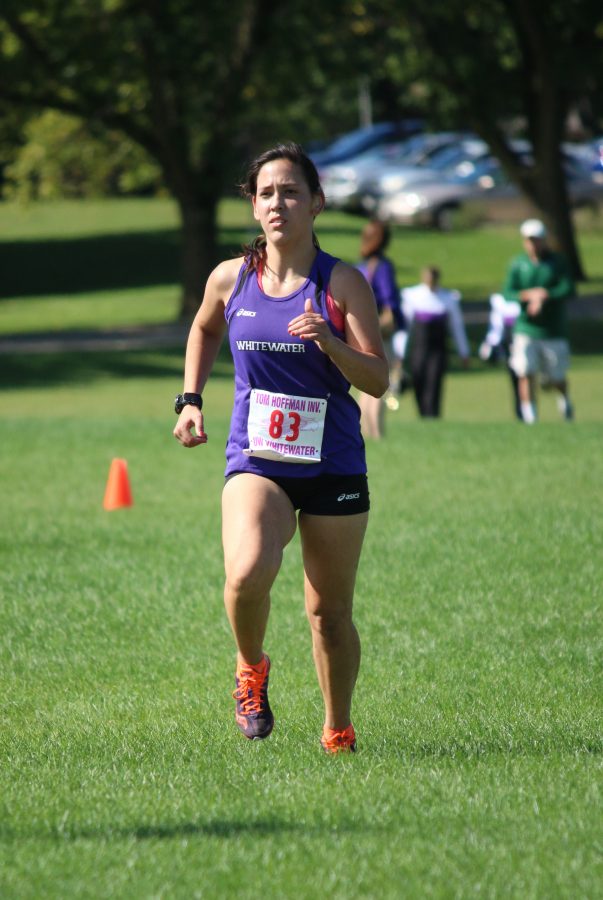By Ashley McCallum
Lifestyle Editor
The shuffling of eager feet, the rolling of wheels on Razor scooters, shouting from friend-to-friend about assignments and weekend plans. Students hear these sounds on a daily basis around campus.
But what sounds would there be if the students couldn’t hear?
Katelyn Pena, junior graphic design major, lives with that reality.
“One of my runners asked me ‘if you take off your hearing aid, what do you hear?’ and I said my thoughts,” Pena said. “I don’t hear anything else.”
To those who aren’t deaf, or don’t know anyone who is, it may seem like a disability would create a radically different lifestyle from what they consider “normal,” but Pena says, that is not the case.
“People who have any disability shouldn’t feel any different,” Pena said. “For me, I think everyone is the same. I see people treat different people differently and I think ‘I don’t do that, I don’t treat people that way.’”
Relying on the assistance of a hearing aid has not hindered Pena’s ability to be active in the UW-Whitewater community. She has been a member of the student organization, Latinos Unidos, and is on the women’s cross country team.
Like other students, Pena juggles her involvement on campus with keeping up with schoolwork and sees the workload pile up as the semester continues. Her daily trials and tribulations do not vary far from the average student, especially with help from campus resources like the Center for Students With Disabilities (CSD), but there are still times where her disability can contribute to an uncomfortable situation.
“People are quiet around me,” Pena said. “They’ll be like ‘oh, does she talk?’ and I’m like ‘yeah. I do talk.’”
One of the most frustrating situations Pena comes in contact with is peoples’ assumptions about her speech and comprehension. Her hearing aid allows her to hear and speak but there are times when she utilizes the help of an interpreter for clarity.
When she has an interpreter with her, people will assume she cannot talk or needs to be spoken to very slowly, which is not the case. Although she needs special resources from time to time, she says she hopes that people will treat her as they would anyone else.
“The university benefits [from working with people with disabilities] because the student population as a whole would become more aware and are exposed to the best ways to work with people with disabilities and this can benefit them in their future careers,” Dana Gordon, senior student service specialist for CSD said. “In the end, you have much more well-rounded groups of students graduating from UW-Whitewater.”
September is Deaf Awareness Month and, while the university is not taking any specific actions to commemorate, resources and services are offered regularly to contribute to the success of deaf students including interpreters and closed captioning services for videos.
Gordon and Pena currently are working on starting a sign language club on campus, with the goal of it beginning next semester. Having a club where students can learn to understand the lifestyle of deaf students and their language will help bring awareness to the deaf community and allow for people to have a better understanding for those different than them.
“There’s more to sign language than just A, B, C,” Pena said. “There are different kinds like ASL, PSC, English. We want to help people learn sign language and help communicate with deaf students.”
Photo by Amber Levenhagen


